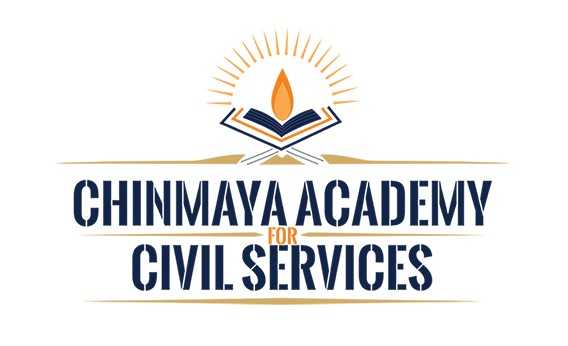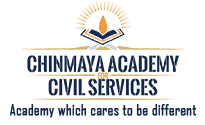Choose the IAS Study materials which covers the latest UPSC Syllabus in detail
Civil services are the most competitive examination in India. The exam is immensely prestigious. It is conducted by the union public service commission of India. The UPSC also conducts various other examinations to fill other vacancies. The civil service examination is also known as Indian Administrative service exam. This Examination is conducted by UPSC Commission in three phases. The preliminary, the mains and the personal interview. The preliminary is objective in nature. The total marks scheduled for the prelims are four hundred marks. The mains consist of nine papers and are descriptive in nature. Before gearing up for the examination following points have to be taken into consideration. They are:
The dates of the examination are subject to fluctuation. The aspirant needs to always have an eye on the dates of the examination or any notification of the same.
The personal interview quotient is very important. A candidate’s ability would be tested only based on the performance. Once he gets it checked he can have a positive mind to take up the examination.
Focus on the UPSC Syllabus
Planning of the schedule to cover the UPSC syllabus is very important. Continuous practice is necessary to crack the most challenging examination. The estimated time required to prepare for the examination are ten to twelve months.
When the preliminary examination is one hundred and fifty days away, you can schedule your revisions in such a way to cover the entire syllabus once again. This revision will help you gain confidence before attempting the examination.
The Study Plan By the Best IAS coaching Centre in Chennai
 This particular study plan is for all students who have done their UPSC syllabus on their own and for students who have gone to the IAS Academy. Mock examinations are best way to revise your portions. The following plan can be done.
This particular study plan is for all students who have done their UPSC syllabus on their own and for students who have gone to the IAS Academy. Mock examinations are best way to revise your portions. The following plan can be done.
Taking two tests at a time, Read the entire syllabus of the two subjects. Let us consider Polity and Modern India.
Polity has seven topics while modern India consists of about ten topics along with current affairs of each month . Read the regular reference books that you used for preparation thoroughly and mark up the pages for revisions.
The ideal way to prepare for current affairs is by reading through the news paper from page one to page ‘n’. A standard English news paper apart from one regional one would be sufficient. Gather all the points that you consider important in the newspaper in a book. This handbook with collected points from the newspaper provides an easy way to revise current affairs. The various coaching centers sites also provides links to current affairs. Apart from the newspapers ensure to check these Web Pages to be through of the current affairs. This solid preparation of current affairs is useful for both preliminary and main examination.
For UPSC Study Materials and UPSC syllabus books, you can join civil service coaching in chennai at Chinmaya IAS Academy or ask from your senior civil servants. The inputs from the coaching centers and the seniors are most valuable. The next best reference book preference can be from the internet web pages. Once you have shortlisted on the reference materials, start your scheduled preparation.
Stick to a Strict Schedule to Crack the UPSC Syllabus
The scheduling should be made monthly, weekly and daily. Plan the number of effective hours that can be spent studying in a day to calculate the number of hours that can be invested for your studies keeping some contingencies in mind. Keep a combination of one interesting subject along with one dry subject to make sure that you never lose your momentum.
Always plan around ten hours of study in a day with effective breaks in between without missing your breakfast, lunch. Dinner, snack and a good eight hour sleep. Investing more than ten to twelve hours of study might increase mental stress thereby losing confidence even before the examination begins. Never spend beyond three hours of study at a stretch. This would hamper the effectiveness of your memory. Divide two or three subjects minimum and juggle it between the hours. It is also vital to engage in an hour of physical activity or any activity of your interest to avoid mind blocks. This would ensure that your health is also maintained in a good condition.
Always keep an hour exclusively to revise the subjects prepared through the day. This will ensure that the revision is done simultaneously. Now that a rough scheduling is done, you can start your preparations and revisions in full swing. All the very Best.


